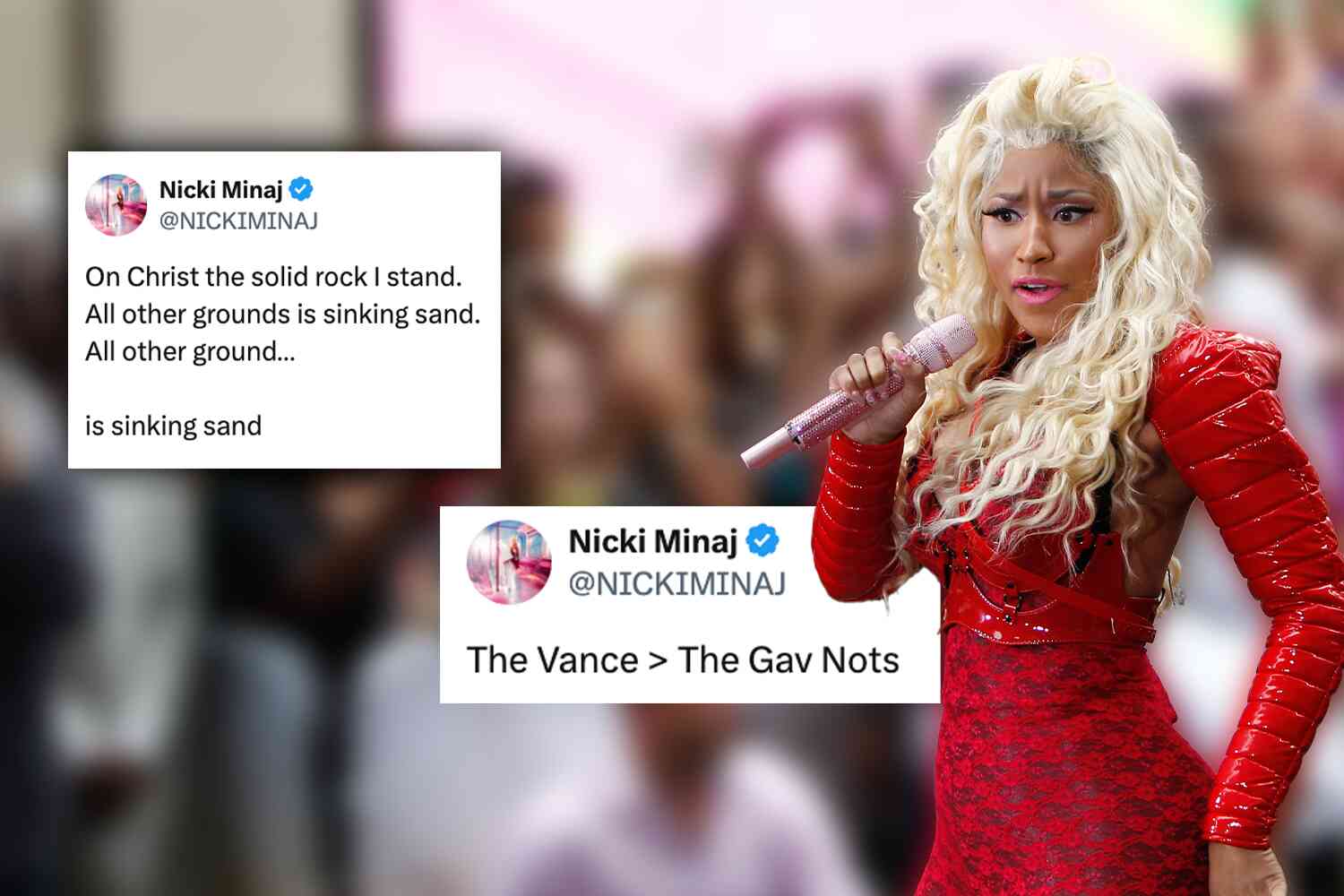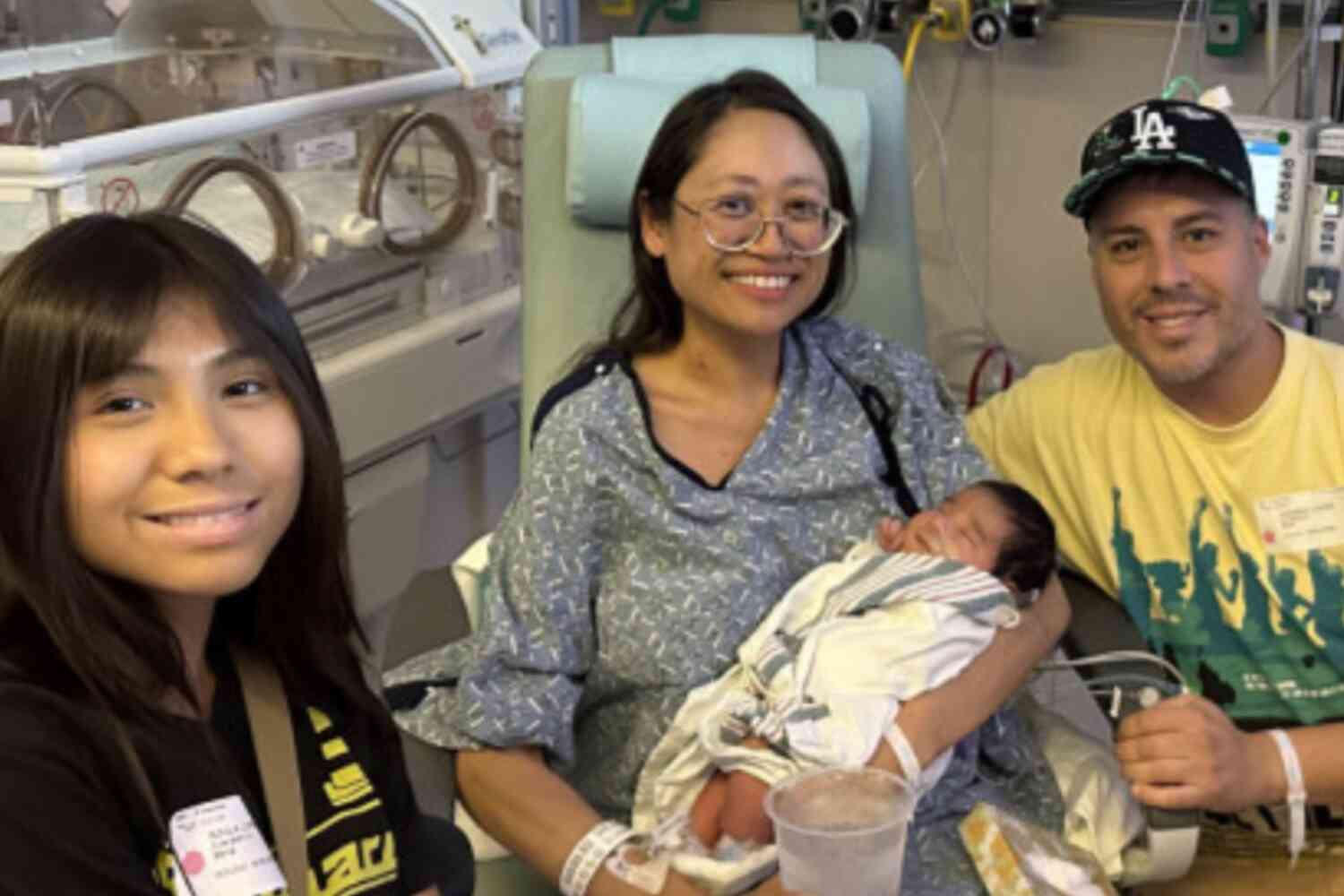The past few years have been a wild ride, haven't they? We had the Covid pandemic, inflation that doesn't seem to be going away anytime soon, the rate hikes, and now a possible third world war.
So when I see this headline I'm all but surprised:
Yes, that's a full half of Americans who have zero emergency savings.
And that's sort of scary.
But what qualifies as "emergency life savings"?
Experts say you should aim to save three to six months' worth of living expenses to best position yourself for a major loss of income or sudden costly event like a car repair or medical procedure.
You really never know when you're going to come across a situation like this, and with the way things are going these days I'd say it's more important than ever to have that emergency savings account on call.
Yet a full 53% of Americans are without it.
Over half (53%) of Americans report not having emergency savings. Just 45% of respondents say they currently have an emergency fund, according to the CNBC Your Money Financial Confidence Survey, conducted in partnership with Momentive.
What's more, a full 58% of respondents to the survey report living paycheck to paycheck.
So we're in a bit of a tough spot here with inflation soaring and wages not quite following the upward trend.
And it doesn't take a genius to figure out who this hurts the most.
Let's look at those emergency savings fund numbers in the context of income, shall we?
Here's the breakdown of how many respondents say they have an emergency fund by income level:
- Incomes below $50,000: 24%
- Incomes between $50,000 and $99,999: 49%
- Incomes of $100,000 and above: 72%
The highest earners are also more likely to report having larger emergency funds: 57% of those who earn $100,000 or more and have an emergency fund have more than $20,000 socked away, compared with just 17% of those who make less than $50,000 a year.
Now, I don't want to scare anyone here into thinking we're in some sort of a dire situation. Because we're not.
But if inflation continues to outpace wages, well, these numbers will only get worse.
Again, not trying to scare you.
CNBC goes on to list a few ways to get started with this emergency savings fund, but I think the simplest way to go about it is to open up a high-yield online savings account and just start saving money. Try to get your money in the savings account before it ends up behind the bar, in a slot machine, or in the dollar bin at Target (it adds up, trust me).
You'll be surprised how much money you can save if you put your mind to it.
Plus, when the people that do surveys at CNBC call you, you can say "yes, yes, surveyor, I do have an emergency savings fund." And that will make you feel extremely special now, won't it?









